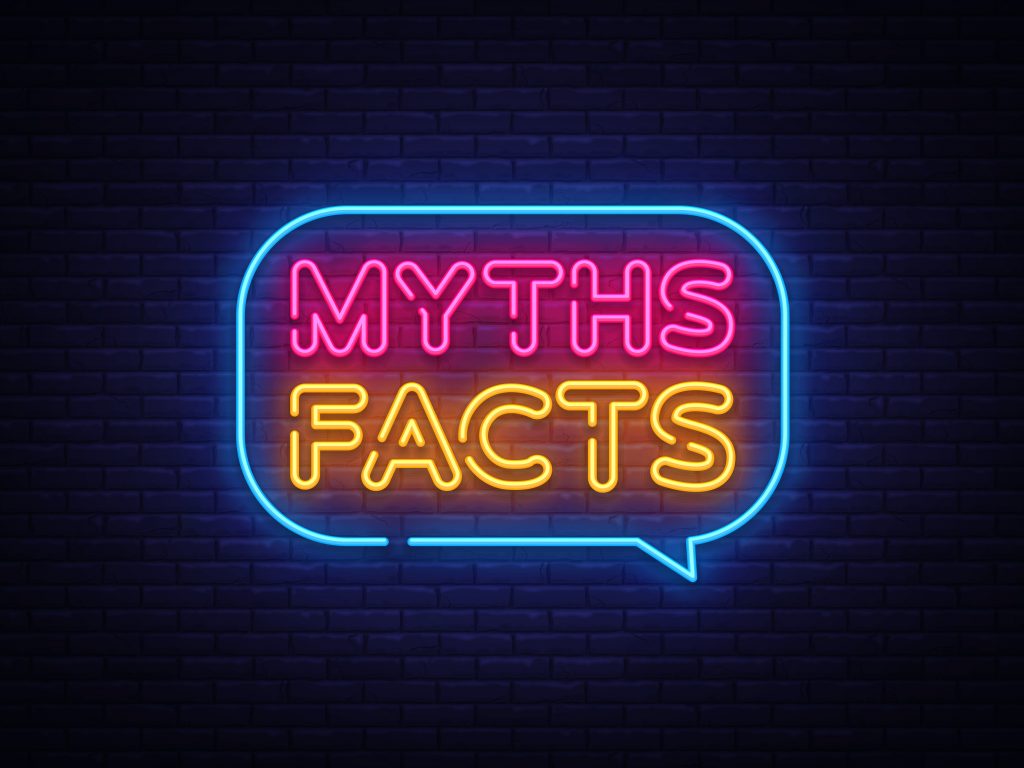Five Facts
Hearing voices is quite common and not necessarily something to worry about. For some young people, voice-hearing is a normal part of everyday life – a source of amusement, company or support. For others, it can be distressing and hard to manage, causing difficulties working or studying, problems with mental health, and disruption to relationships with family and friends.
Here we’ve collected 5 facts about hearing voices that we think everyone should know. If you’d like to find out more, check out the links at the bottom of the page.
1. It doesn’t mean you have schizophrenia or psychosis
Voice-hearing is associated with a range of psychiatric diagnoses, including schizophrenia, psychosis, bipolar disorder, ’emotionally unstable personality disorder,’ dissociative identity disorder, PTSD, anorexia and severe depression. But hearing voices is not a sign that someone necessarily has a mental health problem. Some voice-hearers live well with their experiences without ever needing psychiatric help.
If you do hear voices and have been diagnosed with psychosis or schizophrenia this doesn’t meant that your voices will always be distressing or hard to live with. People can, and do, find ways of living with voices whatever diagnosis they are given.
%
Around 12% of children and adolescents hear voices that others don’t
%
15% of adults have occasional or fleeting experiences of hearing voices
%
Up to 1% of people have frequent voice-hearing experiences and no need for psychiatric care.
%
Over 50% of people have unusual perceptual experiences after multiple days of sleep or sensory deprivation
Have you ever heard someone calling your name only to find that there is nobody there? Or heard whispers as you drift off to sleep?
Hearing voices is much more common than people think. It occurs in lots of different situations including:
-
- Imaginary friends in childhood
- Bereavement
- As part of spiritual or religious experience
- Extreme physical conditions, prolonged periods of isolation, and sensory or sleep deprivation.
2. It can be a positive experience
Hearing voices is distressing for many people. But voices aren’t always loud, aggressive and commanding. Some voices are positive, encouraging and supportive, or just … neutral.
Since age three, I’ve heard voices, and participated in conversations in my head. I thought everyone did. These were mostly good internal friends, but there were some scary voices as well.
Recent research has found that some young people are very accepting of their voices and even enjoy having them.
Many are more intrigued or curious about their voices rather than frightened or afraid. For some, voices give good advice in difficult situations or provide a source of companionship that stops them feeling lonely.
My voice… tells me positive things – assures me that I am capable of overcoming my fears. He’s always telling me he’s here beside me.
In fact, many children who hear voices don’t realise their experiences are unusual and not shared by others until their teens. It is only then that they become anxious about speaking up for fear of what others might think.
3. It isn’t just about hearing things
For some people, hearing voices is similar to hearing someone speaking in the same room.
Other people experience purely ‘thought-like’ or ‘soundless’ voices which don’t sound like people talking out loud.
I did not hear the voices aurally. They were much more intimate than that, and inescapable.
Some people see, smell and feel their voices in particular parts of the body. Voices can also be accompanied by other sensations such as feeling hot or tingling in the hands and feet.
My body and brain felt like they were on fire when I heard the voices; I had constant tingling sensations throughout my extremities and shock-like sensations in my solar plexus.
Voices often have their own personalities.
Some people hear voices that are like the voices of people they know or have known; others experience the voices of complete strangers, animals or entities.
Each voice has their own personality. They often try to tell me what to do or try to interject their own thoughts or feelings about a certain subject or matter…. Many of them have identified themselves and given themselves names.
4. There are lots of different ways of finding meaning in voices
People have lots of different ways of understanding or making sense of voices.
Some people view their voices as a symptom of an illness. Some see them as meaningful experiences that have their roots in traumatic life events or adversity.
For others still, voices are an important part of spiritual or religious experience, or connected to creative processes such as writing, art and music making.
These, and other understandings, of hearing voices can overlap. For example, someone might view the voices as part of an illness but also find that they are influenced by adverse life events.
Many people find that the beliefs that they have about their voices change over time.
5. If voices are distressing, support is available to help you cope
If you are struggling with your voices and finding them hard to manage, you may find the following websites useful:
Understanding Voices
An extensive website providing evidence-based information and personal perspectives on different ways of understanding voices and supporting people who are struggling to cope.
Voice Collective
A London-based organisation providing information and support for children and young people who hear, see or sense things that others don’t. They also offer support for parents, carers and other family members.
Hearing Voices Network
Offers information, support and understanding to people who hear voices and those who support them. HVN can help you find a peer support group in your area if you live in England. Groups may meet in person or online.
Intervoice
Website for the international Hearing Voices Movement, the largest international advocacy movement for people who hear voices and their allies.
.


